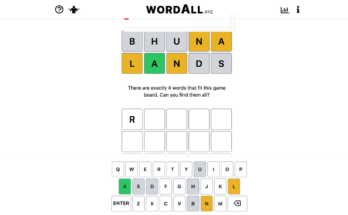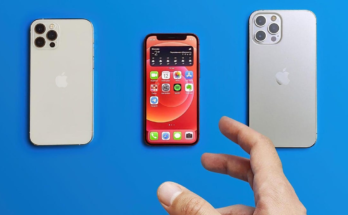Barely a week has passed since Facebook started testing ads in Oculus apps and already the initiative has run into trouble. On Monday, one of the handful of developers involved in the initial ad experiment said it was pulling out of the test. Resolution Games tweeted that it had decided that in-app ads were not suitable for its multiplayer shooter game Blaston after “listening to player feedback.”
The developer had encouraged its user base to leave their thoughts on an ad feedback channel on its Discord server. As spotted by Upload VR, angry players had also review bombed Blaston on the Oculus Store and Steam shortly after its participation in the ad trial was announced.
Resolution Games’ decision marks a setback for Facebook’s burgeoning ad strategy for Oculus. After squeezing more ads into Instagram and its main platform, the company risked irking passionate gamers by bringing ads to VR. Unlike those other services, Oculus isn’t free: An Oculus Quest 2 headset alone starts from $299. While Blaston is also a paid game.
Resolution Games indicated that ads weren’t completely off the table and that it was exploring whether its free title Bait! may be a better option for them — indicating that free-to-play game developers may have an easier time implementing ads within Oculus.
In a statement, Resolution Games CEO Tommy Palm suggested that VR ads may be unavoidable. “Our mission at Resolution Games has always been to work to help the industry as a whole move VR forward for the good of everyone involved. Sometimes that means being the first to test some things to see what works and what doesn’t,” he said.
“If ads in VR become inevitable as it has on other platforms, we want to ensure that while we have this chance to start over and do it right, we do just that. We welcome any and all your feedback along the way so we can have a constructive conversation around this and create the best path forward.”
Facebook has depicted the ad venture as beneficial for developers, giving them another avenue to generate revenue. Its eventual plan was to expand ads across the Oculus platform and the accompanying mobile app. The tech giant also tried to quell privacy concerns by promising not to use Oculus data, including movement and camera data, for targeted ads.
All products recommended by Engadget are selected by our editorial team, independent of our parent company. Some of our stories include affiliate links. If you buy something through one of these links, we may earn an affiliate commission.



